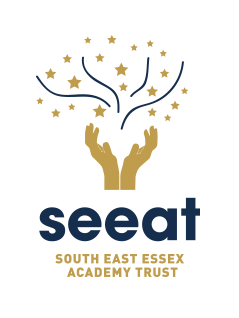Your text here.
Coaching
What is Coaching?
Why SEEAT Coaching?
Coaching is growing rapidly, and there is a high demand for coaches and a coaching culture in the education sector. The purpose of the SEEAT coaching programme is to provide individualised support to teachers / support staff / administrative support and eventually students, which aims to increase their well-being thus, academic performance, and achieve their goals. The programme is co-created with staff / coaches and leaders, so that is bespoke for the setting and context of SEEAT.
The coaching program will be offered both in person and online, and will cover a range of areas, in a non-directive and collaborative coaching approach.
As a Trust we are working towards the coaching award with a link to CollectivED (Leeds Beckett University)
CollectivED https://www.leedsbeckett.ac.
What do we offer?
-
Non directional coaching: the individual or group is the expert and they set the agenda. The coach helps them to think through that agenda and then apply their own expertise to achieve the outcomes they want. Non-directive coaching is facilitative. It is based on reflective learning and structured problem- solving
-
Instructional Coaching (Ambition Institute)For further details please contact st-katie.tyler@whsg.info
Further Research
"Teachers can move from their current performance towards this target performance by practising a sequence of sub-goals with the aid of a coach. This allows them to overcome existing ingrained habits and adopt new behaviours. The input of the coach is in observing the practitioner’s current performance, setting precise sub-goals and designing practice."
(Steve Farndon Fellow, Ambition Institute)


